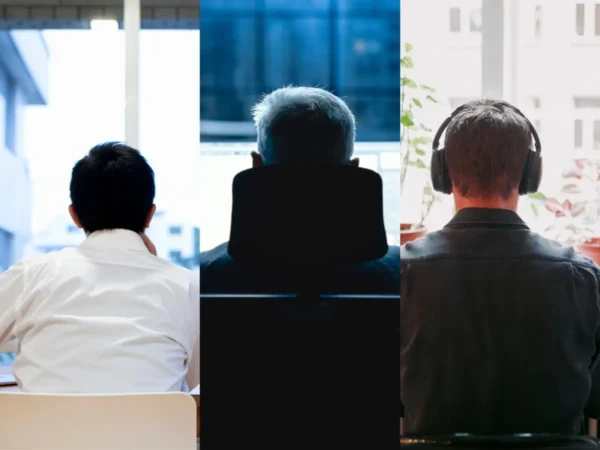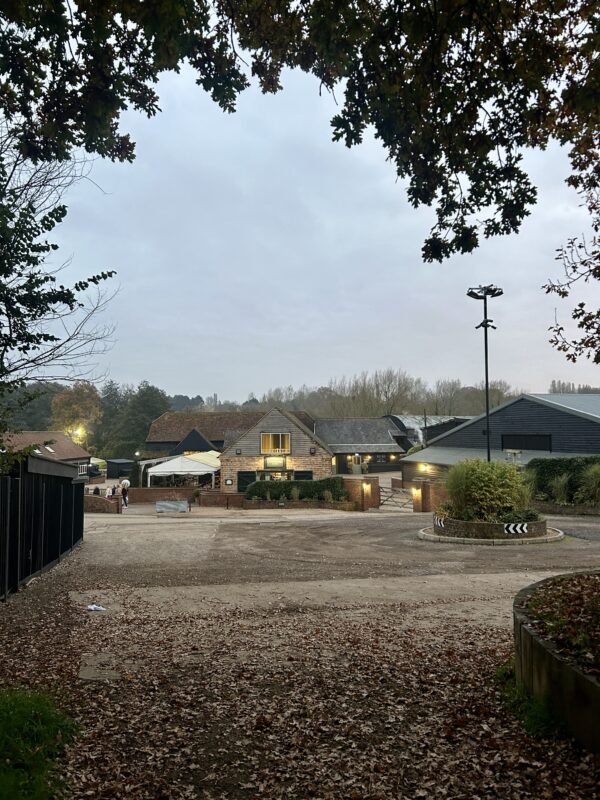
Six Simple Steps For Dealing With A Burglary

Nothing can truly prepare you for the shock of being burgled. Whilst home-burglary has been steadily on the decline in Britain since its peak in 1995, these crime statistics are of little comfort if you come home to find a bashed in door, a missing computer, or a generally ransacked residence.
If you’re unlucky enough to have to tackle burglaries, it’s important that you keep your head, so as to make sure that the whole unpleasant palava is addressed as quickly and efficiently as possible. Here’s what you should do, step by step, after a burglary:
1. Call the police
You need to notify the authorities as soon as you can after a break-in. If you’re worried that the burglars might still be inside the house, make the call from outside, in your car or from a nearby building. Staying safe needs to remain the priority, but it’s vital to get the incident on the record for the purposes of insurance claims and potentially catching the criminals. The police will come as soon as they can, but bear in mind that, depending on the severity of the case, it may well be a little while before officers are able to arrive.
2. Don’t touch anything
Often burglars leave a home in disarray, and it can be tempting, in the heat of the moment, to try and get everything back to normal by clearing up. But the police will need to examine every little detail when looking at the crime scene—fingerprints, footprints, markings etc.—so you need to make sure you don’t interfere with evidence. This means touching as little as possible. The authorities may have to gather the fingerprints of anyone living in the residence, so as to distinguish between those of the intruders and those of the inhabitants.
3. File a report
Once the police do arrive, you’ll need to help them compile a report. This will include an inventory of all the stolen items—the more specific details you can provide, the better (for example, if you can remember the exact make and model of your stolen laptop, as well as any distinctive markings, it’ll be easier to spot if it’s being sold online or in a pawnbrokers).
In addition to an account of what’s missing, police may also want to find out details about any criminal suspects, asking questions about anyone who might have been loitering outside the property recently. Sometimes these questions might seem a little far-fetched, like whether or not you’ve had a feud with a neighbour, but remember that these enquiries are routine, and simply in order to get a full picture of the event.
4. Contact your insurance company
You will get a crime reference number from the police, and this will be required by insurance companies before they can issue compensation. If you’re on a home insurance plan (either owner’s or renter’s insurance), they should be able to cover your financial losses, if given the necessary information.
You’ll need to fill out a claim form, which will be processed with reference to the police. Some companies may want to send over a claims adjuster, so it’s important that you contact the insurer as quickly as possible after the event.
5. Think about how to improve your home security
It’ll probably be relatively obvious how the burglars managed to break into your property. In their account of how burglars pick a house, Banham explain that weak or unlocked front doors or windows are often the safety hazard that intruders take advantage of.
The criminals will likely have highlighted the ways in which your home is vulnerable. Now that they’ve gone, it’s a chance to sure-up the safety of your home. If they managed to break the door down, you might want to consider a high-security alternative. If they were able to get in through an unlocked window, you may need to rethink your vigilance in locking up when leaving the house.
But because we’re all capable of being remiss, a home-burglary might suggest the need for an effective alarm system, either a bell-only function that could scare intruders away, or a more effective alarm that will notify the police, or a security firm, when the threshold has been breached. This can be particularly helpful given that a lot of burglaries take place when the occupants of a household are on holiday.
6. Clean up
Once you’ve got everything sorted out, it’s time to reclaim your space, and get your home back in order. Dealing with the immediate aftermath of getting burgled can be an exhausting process, but getting everything back into a decent state is a thoroughly important final step.
That way, you don’t have to still stew in the mess of the intruders—instead, you can focus on getting things back to normal. Finally, you can settle down with a cup of tea in the comforting knowledge that everything has been thoroughly and properly handled.














































